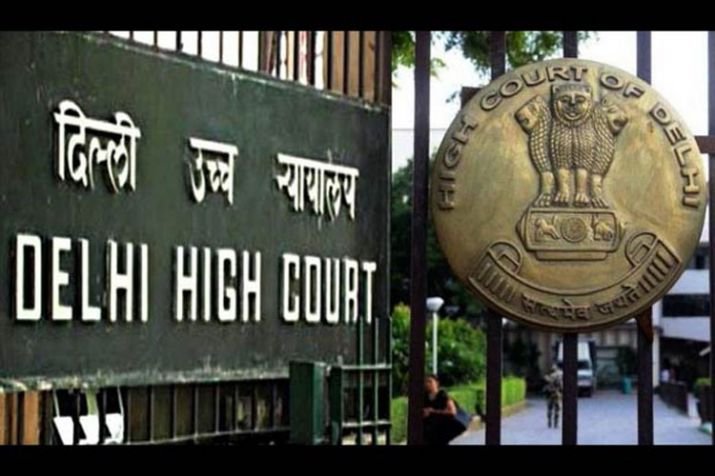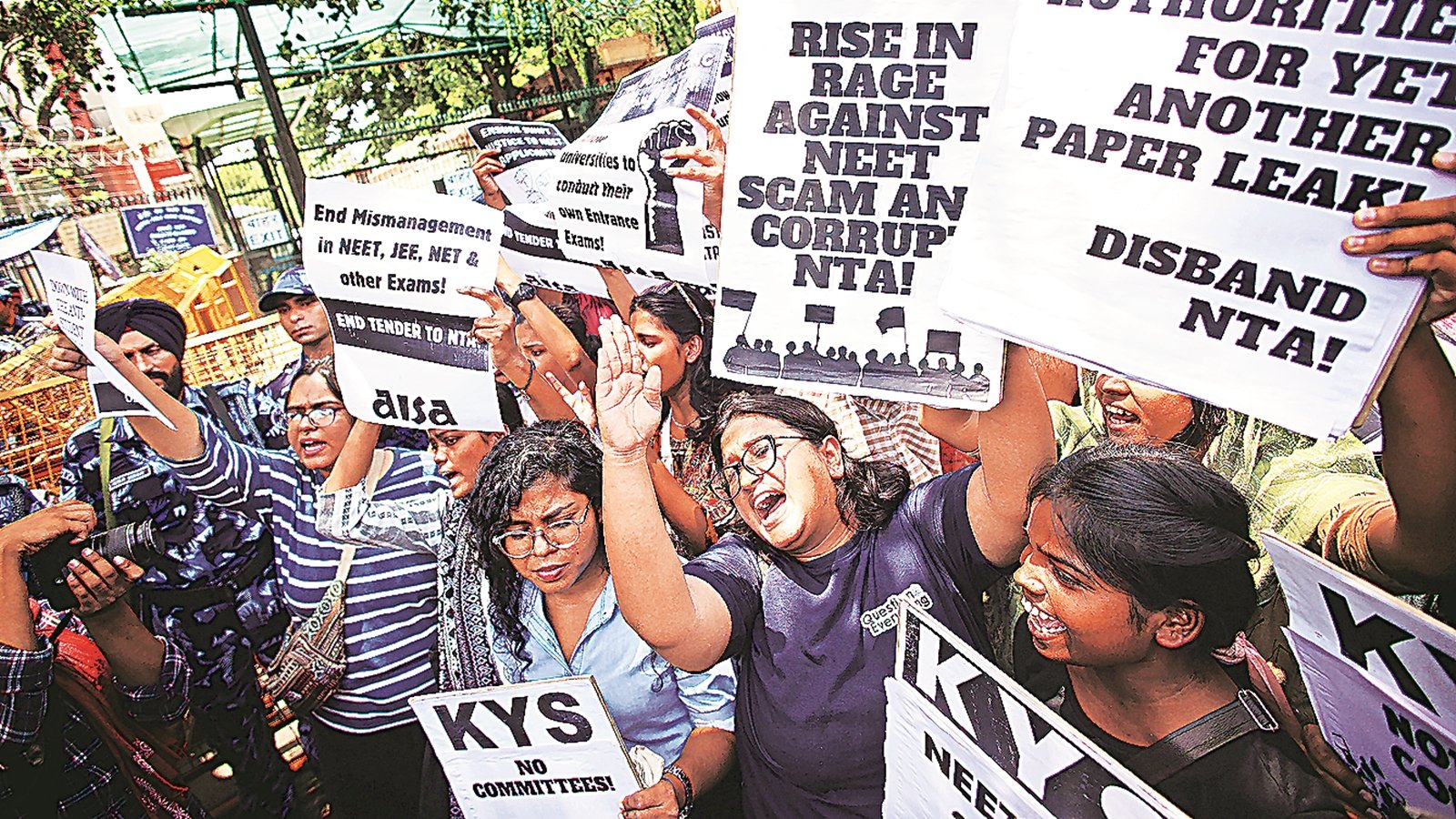Background of the Plea and NEET UG 2024 Examination
The National Eligibility cum Entrance Test (NEET) Undergraduate (UG) 2024 stands as a pivotal examination for medical aspirants in India. Conducted by the National Testing Agency (NTA), NEET UG serves as the gateway for students aiming to secure admissions into undergraduate medical courses across the country. Given its significance, the examination’s fairness and transparency are of paramount importance to both the candidates and the broader educational system.
The recent plea challenging the award of grace marks in the NEET UG 2024 has brought the examination into the spotlight. Filed by a group of petitioners, the plea questions the legitimacy and fairness of awarding grace marks to candidates. The petitioners argue that such a practice could potentially distort the rankings and affect the admission process, thereby undermining the meritocratic nature of the examination. They contend that grace marks could unfairly benefit some candidates over others, leading to skewed results and possible grievances among the student community.
The National Testing Agency (NTA), responsible for administering the NEET UG, is a central party in this dispute. The NTA’s stance on the issue, as sought by the Delhi High Court, will be crucial in determining the outcome of the plea. The agency’s policies and justifications for awarding grace marks will be scrutinized to ensure they align with principles of fairness and transparency. Other stakeholders, including educational institutions and student bodies, have also shown keen interest in the proceedings, given the broader implications for the medical admission process.
Historically, the awarding of grace marks in competitive examinations has been a contentious issue. Instances from previous years have shown that the practice often leads to debates about its necessity and impact on the overall meritocracy of the exam. The current plea against the NTA’s decision to award grace marks in NEET UG 2024 is a continuation of this ongoing discourse, reflecting the perennial concerns surrounding the equitable assessment of candidates in high-stakes examinations.
The Delhi High Court has recently initiated legal proceedings concerning a plea challenging the award of grace marks in the NEET UG 2024 exam. The court has issued directives to the National Testing Agency (NTA), mandating them to present their stance on the matter. The proceedings have set an interim order, requiring the NTA to submit a detailed response within a stipulated timeframe. This directive aims to ensure transparency and accountability in the evaluation process of one of India’s most significant medical entrance examinations.
In response to the court’s directive, the NTA has articulated its justifications for awarding grace marks. According to the NTA, the decision to award grace marks was made to address ambiguities and discrepancies in certain questions of the NEET UG 2024 exam. The agency emphasized that the grace marks were awarded to ensure a fair assessment and to uphold the integrity of the examination. The NTA’s approach to resolving this issue includes a thorough review of the contested questions and the establishment of a committee to oversee the evaluation process.
The broader implications of this case are substantial, touching upon the legal and educational frameworks governing competitive examinations in India. The outcome of this legal battle could set a precedent for future examinations, influencing policies related to the awarding of grace marks. The case has sparked considerable debate among educational experts, many of whom stress the need for meticulous question-setting and evaluation standards to avoid such controversies. Additionally, the student community has shown a keen interest in the proceedings, with many expressing concerns over the fairness and transparency of the evaluation process.
Expert opinions on this matter are divided. Some experts argue that the awarding of grace marks is a necessary measure to rectify discrepancies and ensure equity among candidates. Others contend that such practices may undermine the meritocratic nature of competitive examinations. As the case progresses, the Delhi High Court’s decisions will likely have far-reaching implications, potentially reshaping the policies surrounding standardized testing in India.





